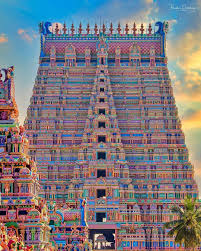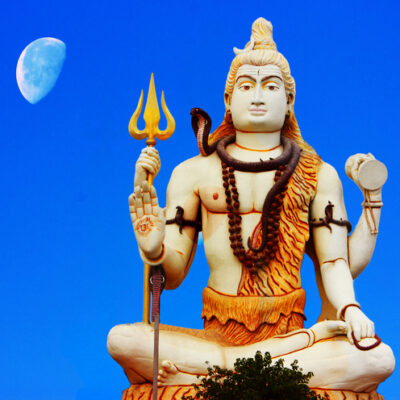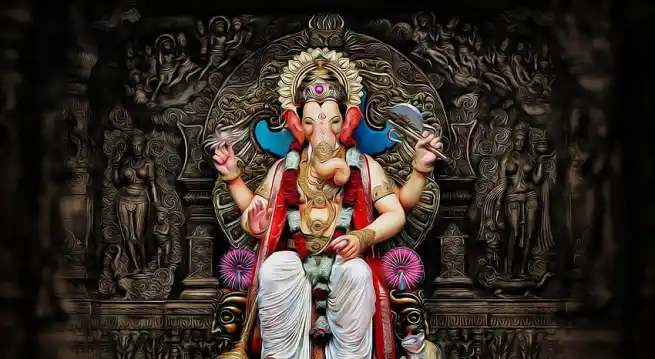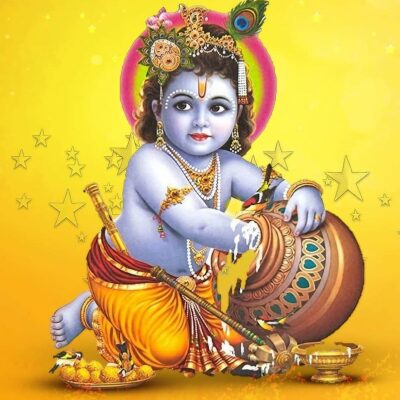Srirangam Sri Ranganathaswamy Temple, Trichy

Address
Srirangam Sri Ranganathar Swamy Temple, Srirangam, Tiruchirappalli – 620 006. Tamil Nadu, India.
Deity
Ranganathar, Amman: Ranganayaki thayar
Introduction
-
- The Sri Ranganathaswamy Temple is dedicated to Ranganatha, a form of Maha Vishnu.
- Located in Srirangam, Tiruchirapalli, Tamil Nadu, India.
- Constructed in Dravidian architectural style.
- Glorified by Alvars in Divya Prabandham.
- Foremost among the 108 Divya Desams and the largest functioning Hindu temple in the world.
- Originally named Srirangapuri, later became Srirangapatna.
- Srirangam town is an island surrounded by the Cauvery river.
- Built in 817 CE by a lady named Hambi, a dancer.
- Temple features: Punnai tree, Chandrapushkarani tank, Pancharathram puja.
- Puranic Significance:
- Lord Sri Ranganatha appeared from the Milk Ocean.
- Lord Brahma worshipped Him and appointed the Sun for continuous puja.
- Lord Rama worshipped Ranganatha and gifted the idol to Vibishana.
- Vibishana placed the idol in Srirangam, where it stayed as per Lord Ranganatha’s wish.
- Dharma Chola constructed the temple, later renovated by Killi Valavan of the Chola dynasty.
- Beliefs:
- Human birth’s purpose is to seek liberation and merge with the Lord.
- Devotees pray for boons such as marriage, children, education, prosperity, etc.
- Offerings include butter, kumkum powder, sandalwood, flowers, lamps, and nivedhana.
- Special Features:
- Lord Ranganatha in reclining form as He did in the Milk Ocean.
- Lord Brahma worships Him before sunrise.
- Chandra Theertham cleanses devotees’ sins.
- Muthangi Sevai darshan for six days after Vaikunda Ekadasi.
- Stone thrown on Tiruppanazhwar led to his salvation.
- Lord dressed in Lungi with Roti as nivedhana for Ekadasi and new moon days.
- Three Brahmmotsavams celebrated annually.
- Lord graces from Amma Mandap with gifts to Cauvery during Aadi Perukku Utsav.
- Kamba Ramayana’s mention of Lord Narasimha approved by the Lord.
- Separate shrine for Sri Garudazhwar with nectar pot and Vedas.
- Mother Dhanyalakshmi and Lord Anna Perumal shrines.
- A 30-meter dhoti for Sri Garuda.
- Various medicinal offerings and shrines, including for Lord Danwanthiri, the Lord of medicines.
- Festivals:
- Rathothsavam: Annual temple chariot festival in Thai month (January–February).
- Chitra Poornima: Gajendra Moksha festival.
- Vasanthothsavam: Celebrated in Vaikasi month (May–June), based on inscriptions from 1444 CE.
Century/Period/Age
1000 to 2000 years old
Managed By
Hindu Religious and Charitable Endowments (HRCE)
Nearest Bus Station
Srirangam
Nearest Railway Station
Srirangam
Nearest Airport
Trichy









